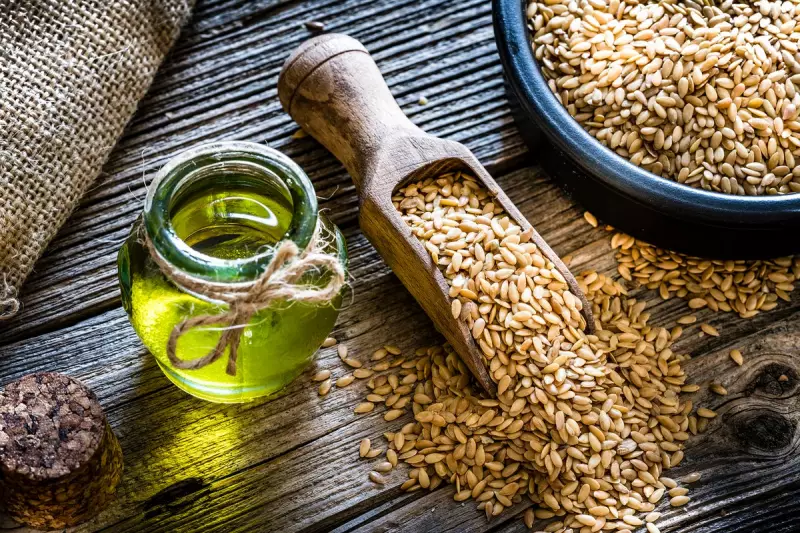
For years, seed oils have been kitchen staples in British households, but emerging research is sparking a heated debate among nutrition experts about their true impact on our health.
The Common Cooking Oils Under Scrutiny
Sunflower, corn, canola, and other vegetable oils extracted from seeds have become ubiquitous in modern cooking. Found in everything from salad dressings to processed foods, these oils are now facing increased scientific scrutiny regarding their nutritional value and potential health implications.
The Nutritional Breakdown: Benefits Versus Risks
According to recent studies, seed oils contain both promising health properties and concerning elements that warrant careful consideration.
The Positive Side
Polyunsaturated fats found in seed oils, particularly omega-6 fatty acids, play crucial roles in our bodies. These essential fats support brain function, maintain bone health, regulate metabolism, and stimulate hair and skin growth. Unlike saturated fats, they can help lower LDL cholesterol levels when used to replace less healthy alternatives.
The Concerning Findings
However, nutrition experts highlight several significant concerns:
- Inflammation risks: Excessive consumption of omega-6 fatty acids may promote inflammation when not balanced with sufficient omega-3 intake
- Processing methods: Many seed oils undergo intensive chemical processing that can create harmful compounds
- Oxidation problems: These oils are prone to oxidation when heated, potentially forming free radicals that damage cells
Expert Recommendations for British Consumers
Nutritionists suggest a balanced approach to seed oil consumption:
- Moderation is key: Use seed oils sparingly rather than as your primary cooking fat
- Diversify your oils: Incorporate olive oil, avocado oil, and coconut oil into your cooking rotation
- Check processing methods: Opt for cold-pressed versions when possible
- Balance your fats: Ensure adequate omega-3 intake from sources like fish, flaxseeds, and walnuts
The Bottom Line for Your Kitchen
While seed oils aren't necessarily 'toxic' as some extreme claims suggest, they're best consumed in moderation as part of a varied diet. The current scientific consensus indicates that diversifying your fat sources and focusing on whole, minimally processed foods remains the healthiest approach for long-term wellbeing.
As research continues to evolve, British consumers are advised to stay informed about nutritional science while maintaining a balanced perspective on cooking oil choices.





